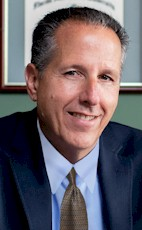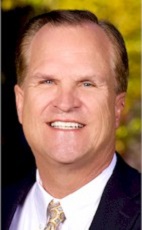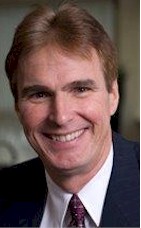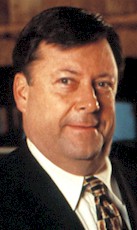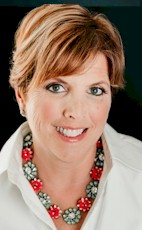
In today's hyper-competitive, hyper-connected global marketplace, customer experience has assumed a major role as a key business differentiator. There is a growing understanding that competition based on products or price alone is no longer a viable strategy. Since feature or function advantages can be quickly duplicated and/or enhanced, product innovation is no longer the differentiator it once was. And competition based on price impairs profitability. On the other hand, research indicates that 86 percent of consumers said they would be willing to pay more for a better customer experience. To protect both market share and margins, hotel companies must provide customers with consistent, compelling experiences - before, during, and after their purchases - across all major channels. There are many things organizations can do to deliver a superior customer experience. Management must align everything a company does with the customer service experience in mind. They must assign high value to anticipation of customers' real needs and desires, and they must incentivize and reward personal initiative in the pursuit of customer satisfaction. They must respond quickly to customer requests. They must ensure that customer interactions are highly personalized, and they must deliver the right information to the right place at the right time. And perhaps most importantly, upper management must create a culture where customer service is valued and esteemed, taught and rewarded. Customer experience leaders who can drive this kind of cultural change will radically affect their companies? competitive position and business performance. The April issue of the Hotel Business Review will document what some leading hotels are doing to cultivate and manage guest satisfaction in their operations.



 In today's hyper-competitive, hyper-connected global marketplace, customer experience has assumed a major role as a key business differentiator. There is a growing understanding that competition based on products or price alone is no longer a viable strategy. Since feature or function advantages can be quickly duplicated and/or enhanced, product innovation is no longer the differentiator it once was. And competition based on price impairs profitability. On the other hand, research indicates that 86 percent of consumers said they would be willing to pay more for a better customer experience. To protect both market share and margins, hotel companies must provide customers with consistent, compelling experiences - before, during, and after their purchases - across all major channels. There are many things organizations can do to deliver a superior customer experience. Management must align everything a company does with the customer service experience in mind. They must assign high value to anticipation of customers' real needs and desires, and they must incentivize and reward personal initiative in the pursuit of customer satisfaction. They must respond quickly to customer requests. They must ensure that customer interactions are highly personalized, and they must deliver the right information to the right place at the right time. And perhaps most importantly, upper management must create a culture where customer service is valued and esteemed, taught and rewarded. Customer experience leaders who can drive this kind of cultural change will radically affect their companies? competitive position and business performance. The April issue of the Hotel Business Review will document what some leading hotels are doing to cultivate and manage guest satisfaction in their operations.
In today's hyper-competitive, hyper-connected global marketplace, customer experience has assumed a major role as a key business differentiator. There is a growing understanding that competition based on products or price alone is no longer a viable strategy. Since feature or function advantages can be quickly duplicated and/or enhanced, product innovation is no longer the differentiator it once was. And competition based on price impairs profitability. On the other hand, research indicates that 86 percent of consumers said they would be willing to pay more for a better customer experience. To protect both market share and margins, hotel companies must provide customers with consistent, compelling experiences - before, during, and after their purchases - across all major channels. There are many things organizations can do to deliver a superior customer experience. Management must align everything a company does with the customer service experience in mind. They must assign high value to anticipation of customers' real needs and desires, and they must incentivize and reward personal initiative in the pursuit of customer satisfaction. They must respond quickly to customer requests. They must ensure that customer interactions are highly personalized, and they must deliver the right information to the right place at the right time. And perhaps most importantly, upper management must create a culture where customer service is valued and esteemed, taught and rewarded. Customer experience leaders who can drive this kind of cultural change will radically affect their companies? competitive position and business performance. The April issue of the Hotel Business Review will document what some leading hotels are doing to cultivate and manage guest satisfaction in their operations.




